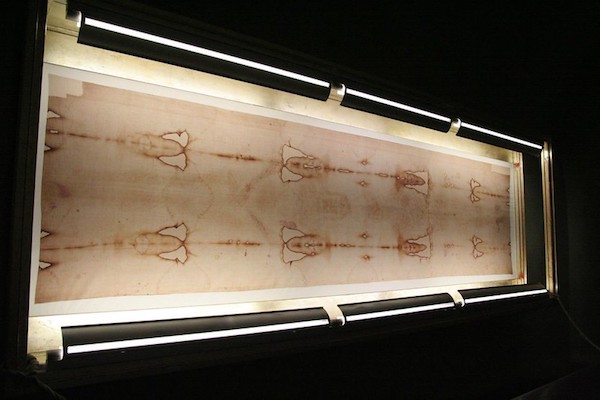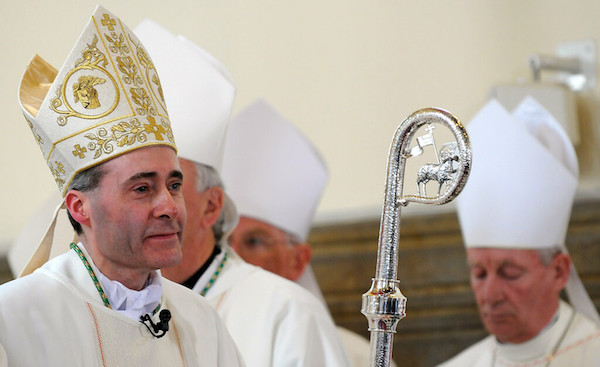The Bishop of Shrewsbury has explained that his concerns for Church unity led him to sign an open letter criticising the German synodal pathway.
Bishop Mark Davies was the only English bishop among over ninety signatories of the “fraternal letter of correction” to the German bishops’ conference, which was published on 11 April.
Two Scottish bishops, Archbishop Leo Cushley of St Andrews and Edinburgh and Bishop Stephen Robson of Dunkeld, also signed the letter, which expressed deep concern at “the confusion that the synodal path has already caused and continues to cause, and the potential for schism in the life of the Church that will inevitably result”.
The other signatories, largely from the hierarchies in the USA and Africa, include eighteen archbishops, and four cardinals: Francis Arinze of Onitsha, Nigeria, Raymond Burke of Saint Louis, USA, Wilfred Napier of Durban, South Africa, and George Pell of Sydney, Australia.
Bishop Davies told The Tablet that the letter was “one of a number of initiatives” which were “motivated by the same concern for the unity of the Church and the salvation of souls”.
Referring to the words of St Paul, “Do not be conformed to this world” (Romans 12:2), the bishops’ letter warns that the German synodal path threatens to become one of many “well-intentioned efforts that lost their grounding in the Word of God”.
“These failed efforts ignored the unity, experience, and accumulated wisdom of the Gospel and the Church. Because they failed to heed the words of Jesus, ‘Apart from me you can do nothing’ (John 15:5), they were fruitless and damaged both the unity and the evangelical vitality of the Church,” the letter says.
“Germany’s synodal path risks leading to precisely such a dead end.”
The letter accuses the synodal path of failing to listen to the Holy Spirit and preferring contemporary sociological analysis and political ideology to Scripture and the tradition of the Church.
It warns that the German Church’s “destructive example” may lead clergy and laypeople elsewhere “to distrust the very idea of ‘synodality’, thus further impeding the necessary conversation about fulfilling the mission of converting and sanctifying the world”.
The president of the German bishops’ conference, Bishop Georg Bätzing, responded to the letter on 14 April, rejecting the criticisms and denying that the synodal path could threaten schism.
He has previously dismissed similar concerns expressed by Polish and Nordic bishops.
Another signatory, the Archbishop of San Francisco Salvatore J Cordileone, wrote in the American journal First Things that he signed the letter “to be in collegial solidarity with bishops around the world”, referring to the Second Vatican Council’s teaching on the common responsibility of the episcopacy.
“If settled Church doctrine, consistently taught and developed over two millenia, is to be discarded as socially unacceptable, then all the truth claims of the Christian faith collapse,” he wrote.



 Loading ...
Loading ...